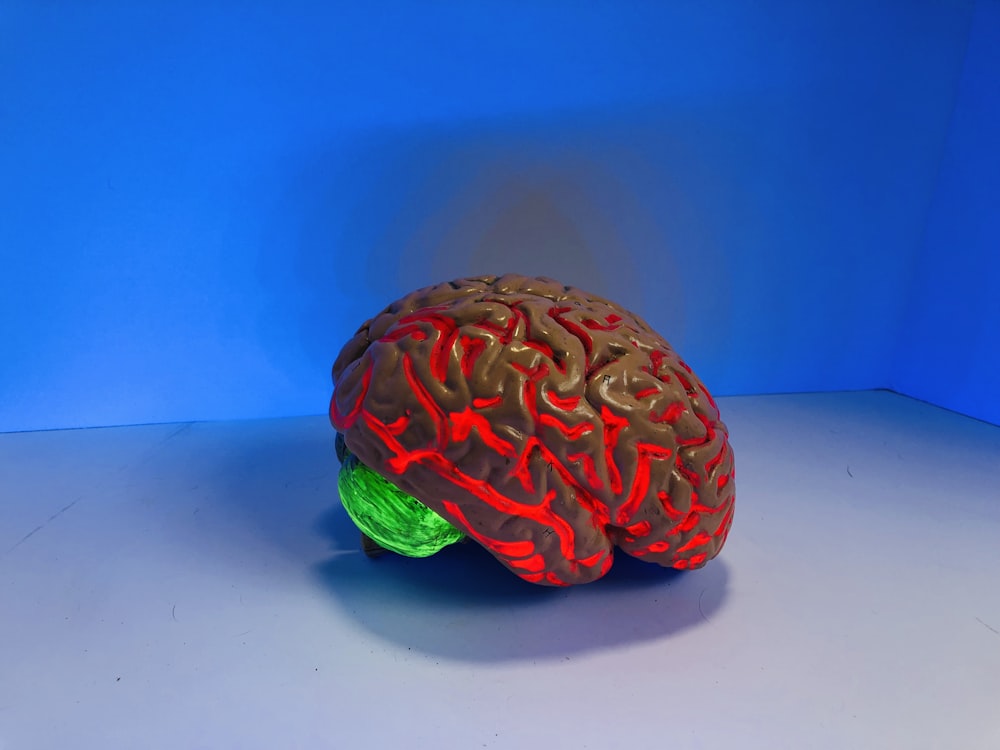
The Effects of Alcohol On The Brain.
You do not have to be a genius to know that alcohol affects the brain. From the second drink, your reaction time is already slower than usual. When you are drunk, you struggle to walk, have blurred vision and can find it difficult to speak coherently. You do not have to be a neurosurgeon to know that alcohol affects your brain. Everything I’ve just listed above is the short-term effects of alcohol, but how about the long-term effects?
Alcohol is not only synonymous with conviviality. From the first drink, it acts on the neurons. And when the consumption becomes chronic, its impact on the body can be disastrous.

The Factors That Contribute…
Different factors will affect how and to what degree the consumption of alcohol will affect the consumer. It will depend on the quantity, frequency, age, prenatal exposure to alcohol and their health in general.
Alcohol Has Both Internal and External Impacts.
In addition to affecting the overall nervous and digestive systems of the body, alcohol consumption can affect the very fabric of your nerves. “Alcohol penetrates the cells and increases oxidative stress, resulting in the degradation of various essential proteins and even DNA. Finally, it causes the release of inflammatory molecules, which again contribute to increased neuronal death.
Not only do more neurons die, but also fewer are born! Especially in cases of pronounced and rapid drunkenness, or “binge drinking. Research has shown that binge drinking reduces neurogenesis (a process in which new neurones are formed) in the adolescent brain.
Alcohol also reduces the number of connections between neurons.
In addition to this effect on the number of neurons, alcohol also induces a decrease in the number of connections between neurons and a progressive disappearance of myelin, the sheath that surrounds nerve fibres. All these effects are visible even without a microscope (the volume of the brain decreases strongly in alcoholics) and impact its functioning.
The effects of alcohol are very dependent on the dose but also on at which point in a person’s life the alcohol is consumed. To highlight this point, alcohol kills 2 to 3 times more neurons in the adolescent brain than in the adult brain.
The most serious effect is found in fetuses, and fetal alcohol syndrome is the first cause of non-genetic mental handicaps.

Blackouts And Memory Loss.
After just a few drinks, alcohol can create noticeable memory deficits, and as the volume of alcohol consumed grows, so too does the degree of impairment. Large quantities of alcohol, particularly when drinking rapidly and on an empty stomach, can provoke a blackout, which is defined as a period during which the inebriated individual cannot recollect essential information or even whole occurrences.
Alcohol And A Developing Brain.
There is no known safe level of alcohol usage throughout pregnancy or when attempting to conceive. There is also no safe period to drink during pregnancy. All forms of alcohol, including all wines and beers, are equally hazardous. Alcohol in the mother’s blood travels through the umbilical cord to the infant. Alcohol use during pregnancy might result in miscarriage, stillbirth or disabilities, be it physical or intellectual.
The earlier someone starts drinking alcohol, the more vulnerable he or she is to the consequences. That’s why it is important to stay far away from alcohol during pregnancy.
Alcohol can be consumed during occasional events, and surely not regularly. Regular drinkers will eventually fall into an addiction which is very difficult to recover from it. If you are finding yourself struggling to stay sober, find help and treatment. Let us know in the comment below if you are a regular or an occasional drinker…
You May Also Like

Blood Transfusion: Update on Irregular Agglutinin Research
2022-01-16
How the Color Wheel Can Help You Choose Your Colors
2022-05-20

